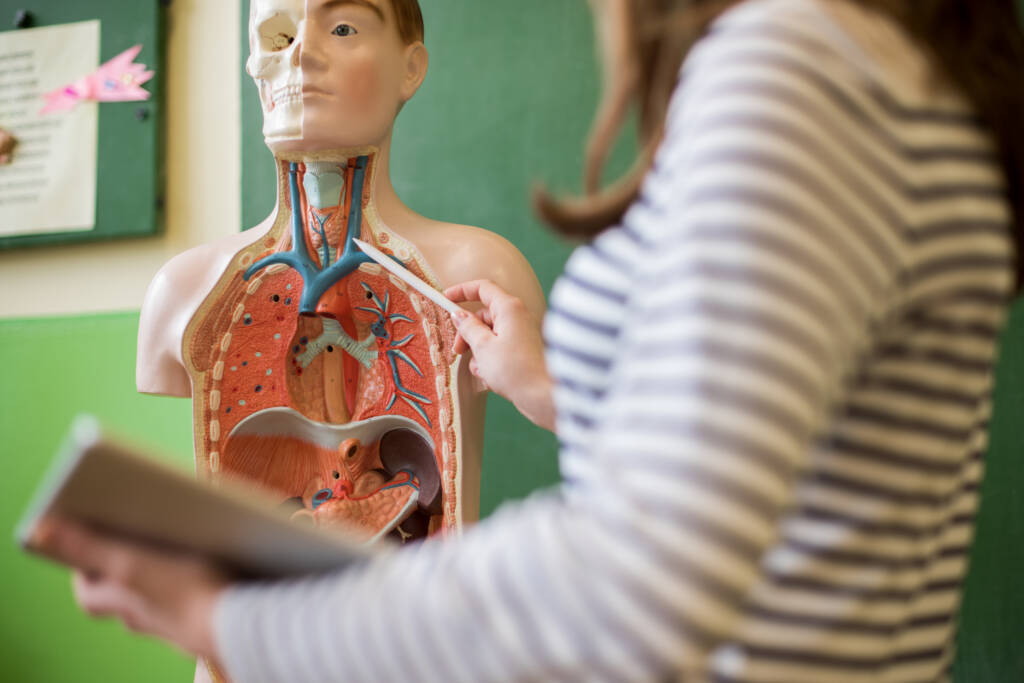
Adult Ed CompTIA A+ Core 1 (1201-1202)

Computers and digital technology have become ubiquitous within the personal and professional lives of nearly every human on the planet. Computing technology is found within the “wearables” we use to track personal health metrics, the smartphones in our pockets, and the complex systems that support modern businesses. In today’s world, computing technology has become the foundation for how humans communicate and solve problems. Gaining a solid understanding of these tools – how they work, how to implement them, and how to fix issues when they arise – is an essential skill set for anyone who would like to understand and support the technologies that have become so common in our modern lives.
CompTIA’s A+ certification has long been the industry standard for those wishing to begin a career in IT, and is still one of the preferred credentials many businesses require of candidates hoping to land technical support roles within their IT departments. It is the only well-established certification that tests vendor-neutral skills and knowledge across hardware, software, security, cloud computing, and virtualization.
This course will help prepare students for CompTIA’s A+ certification, which can presently be obtained by passing both their Core 1 (220-1201) and Core 2 (220-1202) exams. This book will cover the Core 1 topics and help learners prepare for the A+ Core 1 (220-1201) exam. CompTIA has outlined five major subject categories from which the test questions for the 220-1201 exam will be taken. The categories (called domains by CompTIA) and their weighting on the 220-1201 exam are shown below:
- Mobile Devices (13%)
- Networking (23%)
- Hardware (25%)
- Virtualization and Cloud Computing (11%)
- Hardware and Network Troubleshooting (28%)
Studying for and obtaining CompTIA’s A+ certification is a great way to begin building a solid foundation in the fundamentals of IT. After successfully completing this course, learners will be well on their way to being ready to take and pass the CompTIA A+ Core 1 certification exam. More importantly, learners who complete this course will better understand the technologies they encounter daily at work and home.
Cost: Students purchase 28 days of access for $105. Students may work as quickly through the content as they wish. Every 28 days, students may purchase an additional 28 days of access for an additional $105.
Major Topics and Concepts
Module 1: Mobile Devices
Module 2: Mobile Device Networks and Services
Module 3: Networking Fundamentals
Module 4: Network Infrastructure and Configuration
Module 5: Network Implementation and Tools
Module 6: PC Hard Components
Module 7: System Hardware and Peripherals
Module 8: Virtualization, Cloud Computing and Troubleshooting
Module 9: Introduction to Troubleshooting Part II
Competencies
Mobile Connectivity
Students will demonstrate an understanding of mobile connectivity by describing types of wireless and cellular data networks, comparing location services, and analyzing mobile device management.
Mobile Device Hardware
Students will demonstrate an understanding of mobile device hardware by analyzing the characteristics of core components, describing the features of connection methods, and summarizing the functions of accessories.
Network Implementation
Students will demonstrate an understanding of network implementation by describing the features of IP addressing, comparing types of internet connectivity, and summarizing the functions of networking tools.
Networking Fundamentals
Students will demonstrate an understanding of Networking Fundamentals by describing the functions of ports, comparing wireless technologies, and summarizing network protocols.
Networking Operations
Students will demonstrate an understanding of networking operations by describing the functions of network services, analyzing common network configurations, and comparing the characteristics of networking hardware.
PC Hardware Components
Students will demonstrate an understanding of PC Hardware Components by comparing different display technologies, describing the characteristics of cables, and analyzing the features of RAM.
Computer System Components
Students will demonstrate an understanding of computer system components by explaining the functions of motherboards, describing the features of power supplies, and summarizing printer deployment.
IT Troubleshooting
Students will demonstrate an understanding of IT troubleshooting by explaining the origins of display issues, describing the characteristics of mobile device problems, and summarizing the relationship between network and printer issues.
Virtualization Concepts
Students will demonstrate an understanding of virtualization concepts by describing virtualization technologies, explaining cloud computing, and summarizing the troubleshooting process.

